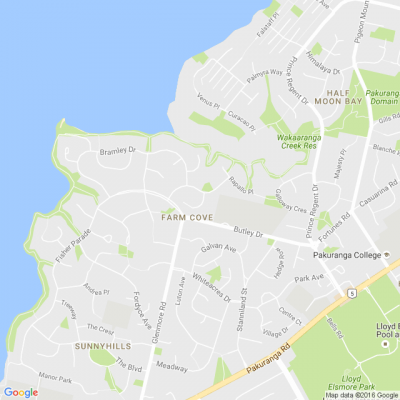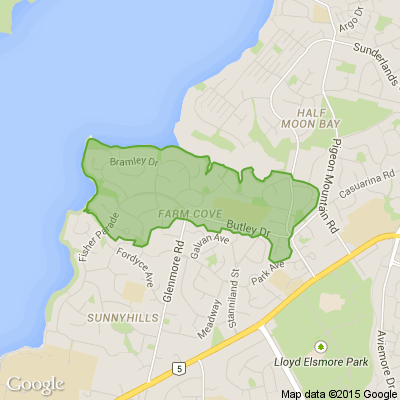Benefits of Shopping
Many older adults lead active, fulfilling lives that break down the stereotype of aging grandparents sitting passively on rocking chairs waiting for family visits. These older individuals are integrated, interactive participants in their communities, which in turn contributes to their wellbeing overall.
However, being active does not necessarily mean seniors need a full schedule of planned activities. Studies indicate engaging in daily life activities can have far-reaching benefits. Shopping, for example, is a daily life activity that can stimulate cognitive processes, provide physical benefits, and function as a leisure pursuit that promotes social engagement. This simple, daily activity may be a strong factor in quality of life for seniors who may not be as active or physically well as their counterparts.
Since shopping is an common activity, most people do not consider the cognitive processes involved in making everyday purchases. Shoppers must identify items needed, determine where the items can be obtained, evaluate and compare before and after purchase, and determine value as compared to cost. While engaging in these processes can sometimes be attributed to buying habits, seniors who regularly shop are stimulating the areas of the brain involved in the decision-making process.
The physical benefits are notable as well. Older adults who shop regularly may actually live longer than those who do not. One study of more than 1800 individuals aged 65 or over showed that participants who shopped every day, particularly men, had a 27% lower risk of death than those who did not. Researchers reason that it is possible that the physical activity (walking) involved in shopping, the opportunity for these older individuals to buy food and make buying decisions that positively affected good diet and health, and the social interaction may be key components of this decrease risk.
This last component, social interaction, is one that may affect life span because it affects life quality. Some studies of social engagement related to longevity show that older adults who are more socially engaged had 50% increased chance of living longer than those who were more isolated. The shopping experience can add to social engagement by allowing the older adult to meet and interact new people during the outing as well as using the outing as a social experience with friends and family.
Perhaps the most appealing aspect of shopping as a life-enriching activity is that it can be enjoyed by most older adults, even those who may have health problems. With a little help from family, friends, or even caregivers when required, seniors with mobility or transportation challenges can experience the cognitive, health, and social benefits a day on the town can provide.
Manukau East Shopping Shuttle 0800 632 677

Poll: If we want to reduce speeding, what do you think actually changes driver behaviour? 🛻🚨🚓
In the Post's article on speeding penalties, the question is asked whether speeding fines are truly about road safety, or are they just a way to boost revenue for the Crown?
What do you think? Should speeding motorists receive speeding fines or demerit points?

-
0% The sting of a fine (Money talks!)
-
0% The threat of demerit points (Nobody wants to lose their license!)
Poll: Is Auckland’s economy improving?
The latest reporting from The Post suggests a wave of optimism for 2026. With interest rates finally heading south, businesses are feeling more positive. But for many on the ground, the real-world recovery feels a bit like a slow-moving commute on Auckland's motorways.
We want to know: Are you seeing signs of Auckland's economy improving in your industry or neighbourhood? Whether it's busier shops, new projects kicking off, or just a shift in the mood ...

-
17.2% Yes
-
66.9% No
-
16% A little
Denim, but make it one-of-a-kind 💙
Not every pair of jeans makes it to the rack... but that doesn’t mean their story ends there. Our talented volunteer Annie has been transforming damaged denim into handcrafted bags, hats and aprons in our Onehunga SPCA Op Shop ✂️🧵
This latest batch even features her own hand-sewn designs, and customers have been loving them, they sell almost as soon as they hit the shelf!
It’s creativity, sustainability and community all stitched together, helping animals in need 🐾
📍 217 Onehunga Mall, Onehunga
🕘 9am–5pm, 7 days








 Loading…
Loading…